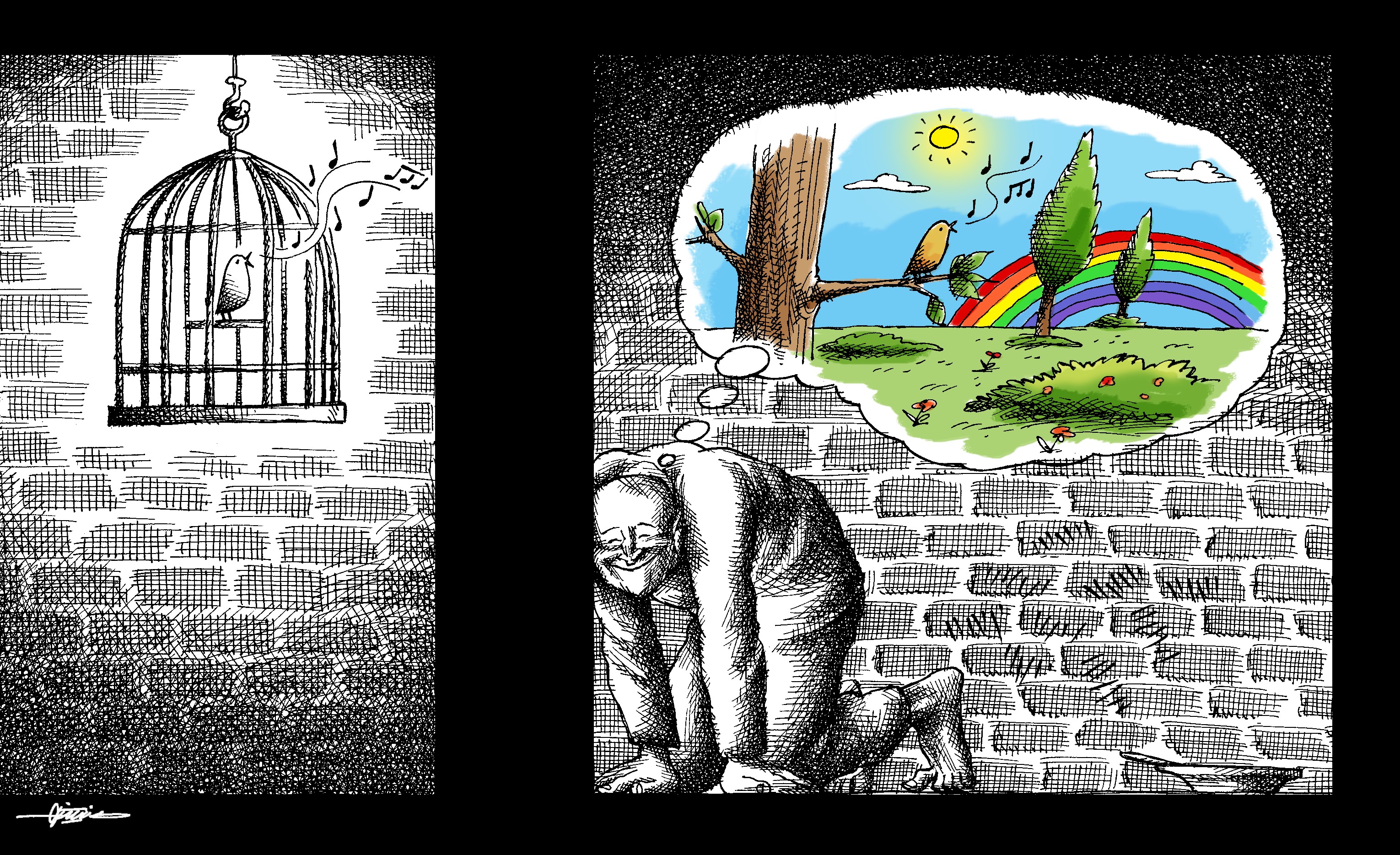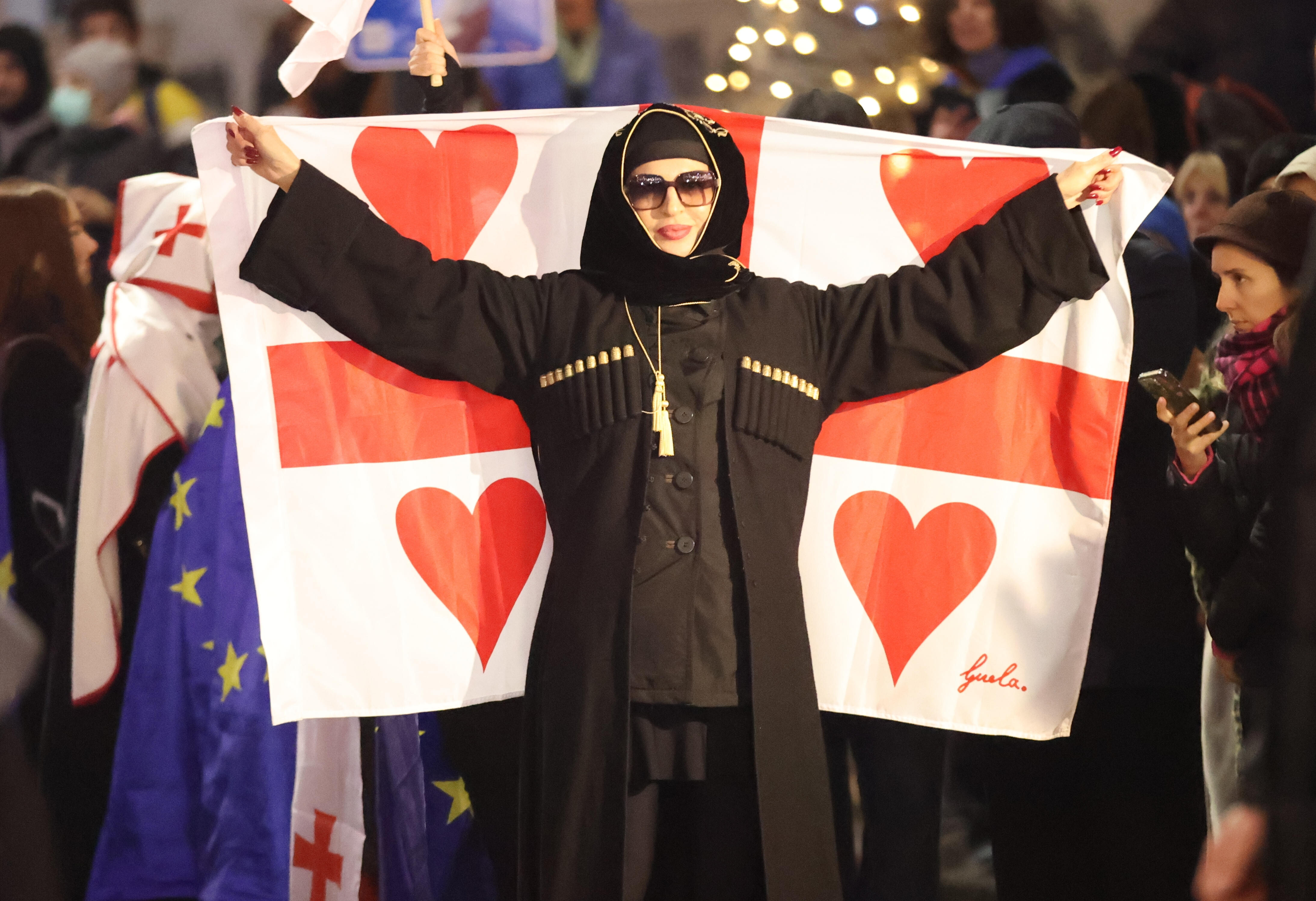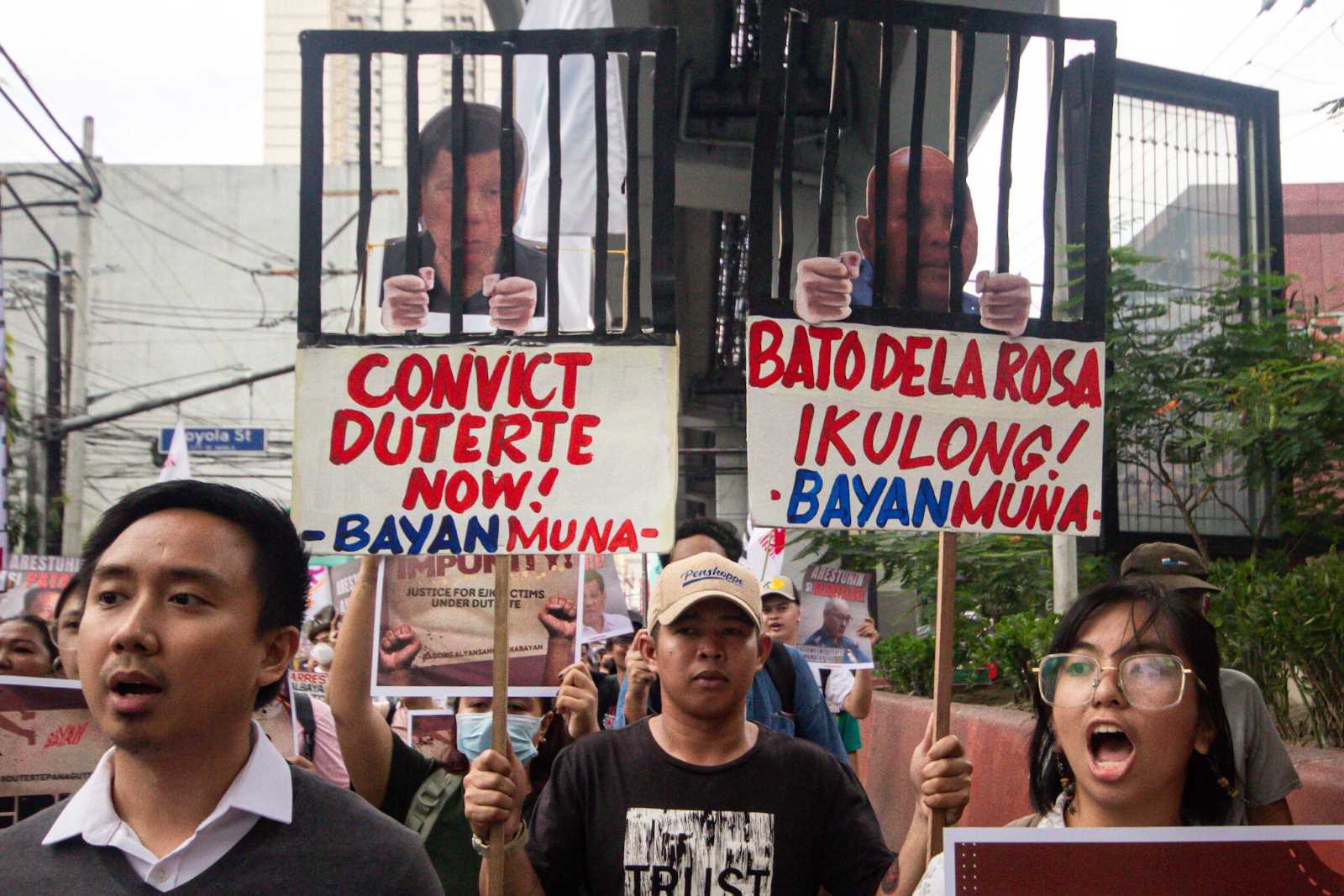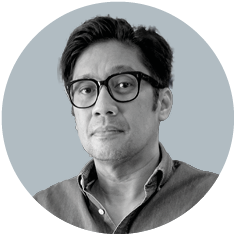Freedom of expression
Imprisoned for a novel
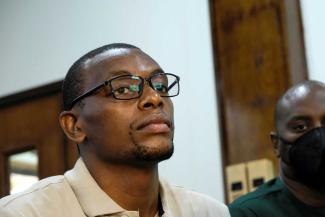
Authoritarian regimes in many parts of the world severely restrict the fundamental human right to freedom of expression: Those who live under their influence and criticise them must fear repression. One way of dealing with this is to resort to fiction. Satirical fictional texts reflect reality using literary devices and express criticism often without specifically linking it to real people. Satire can thus offer artists protection – especially if the people implicitly criticised do not understand it or can ignore it because of its ambiguity.
However, this protection does not always work. Authoritarian regimes do everything in their power to control narratives and often silence satirists. For example, they ban their cartoons or writings even if their criticism is not expressed directly but can be interpreted into their works.
In Uganda, after almost 40 years in office, the government under Yoweri Museveni continues to deviate from the path of freedom and democracy he proclaimed when he came to power in 1986. Today, many writers, journalists, politicians and civil-society actors must be careful not to come under state scrutiny for expressing views that could be considered critical of the regime.
In 2020, Kakwenza Rukirabashaija, a Ugandan lawyer and author, published the novel “The Greedy Barbarian”. It tells the fictional story of a boy who has to flee his homeland with his mother and pursues a political career in a neighbouring country. The book deals with issues such as corruption and greed at the highest levels.
Rukirabashaija’s political satire got him into trouble because it could be linked to the current political situation in Uganda. In 2020, he was arrested ostensibly for violating Covid-19 regulations, but he was interrogated about the content of his novel. Later that year, he was arrested again, this time for “inciting violence and promoting sectarianism”, after he had made unflattering remarks about the president and his son on Twitter (now X).
“The pen will always win against guns”
Rukirabashaija was tortured in state custody, but his spirit remains unbroken. He later said that freedom of expression should never be hampered by a dictatorship because it is recognised in both domestic and international law. “The pen will always win against guns and all the oppression,” he said. In his book “Banana Republic: Where Writing is Treasonous”, he gives an account of the torture he endured in prison.
The fate of Kakwenza Rukirabashaija has moved many. In 2021, he received the PEN Pinter Prize for an International Writer of Courage, and in 2023, the Václav Havel Prize for Creative Dissent. He currently lives in exile in Germany as a fellow of the PEN Centre Germany.
Literature
Rukirabashaija, K, 2020: The Greedy Barbarian. Kitara Nation.
Rukirabashaija, K, 2023: Banana Republic: Where Writing is Treasonous. theworldiswatching.
Charles Kambale is a Ugandan author who prefers to use a pseudonym for obvious reasons.
euz.editor@dandc.eu

